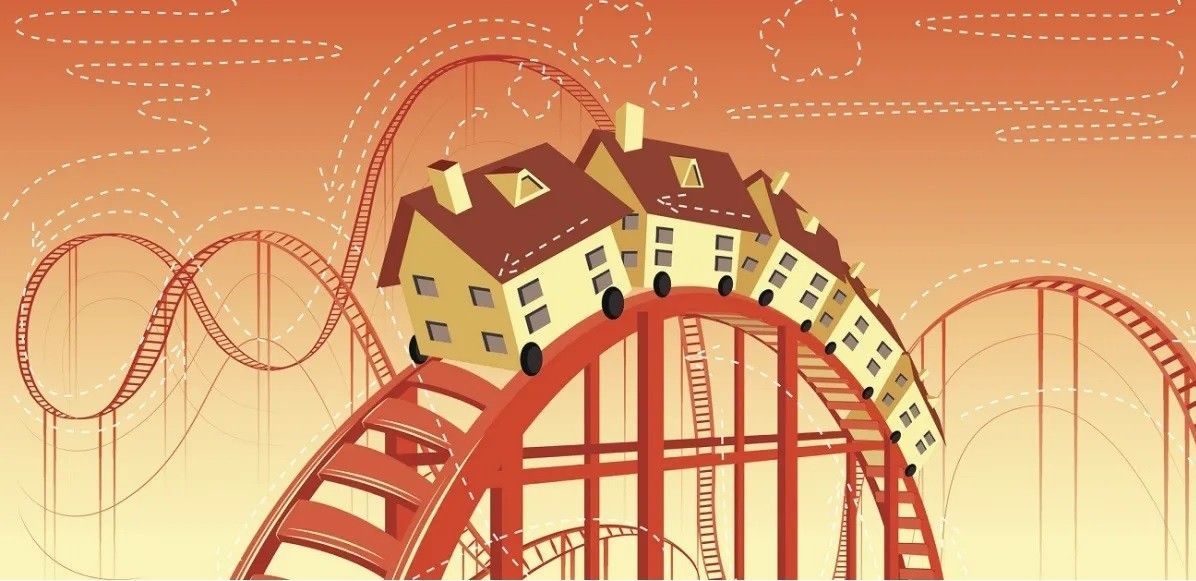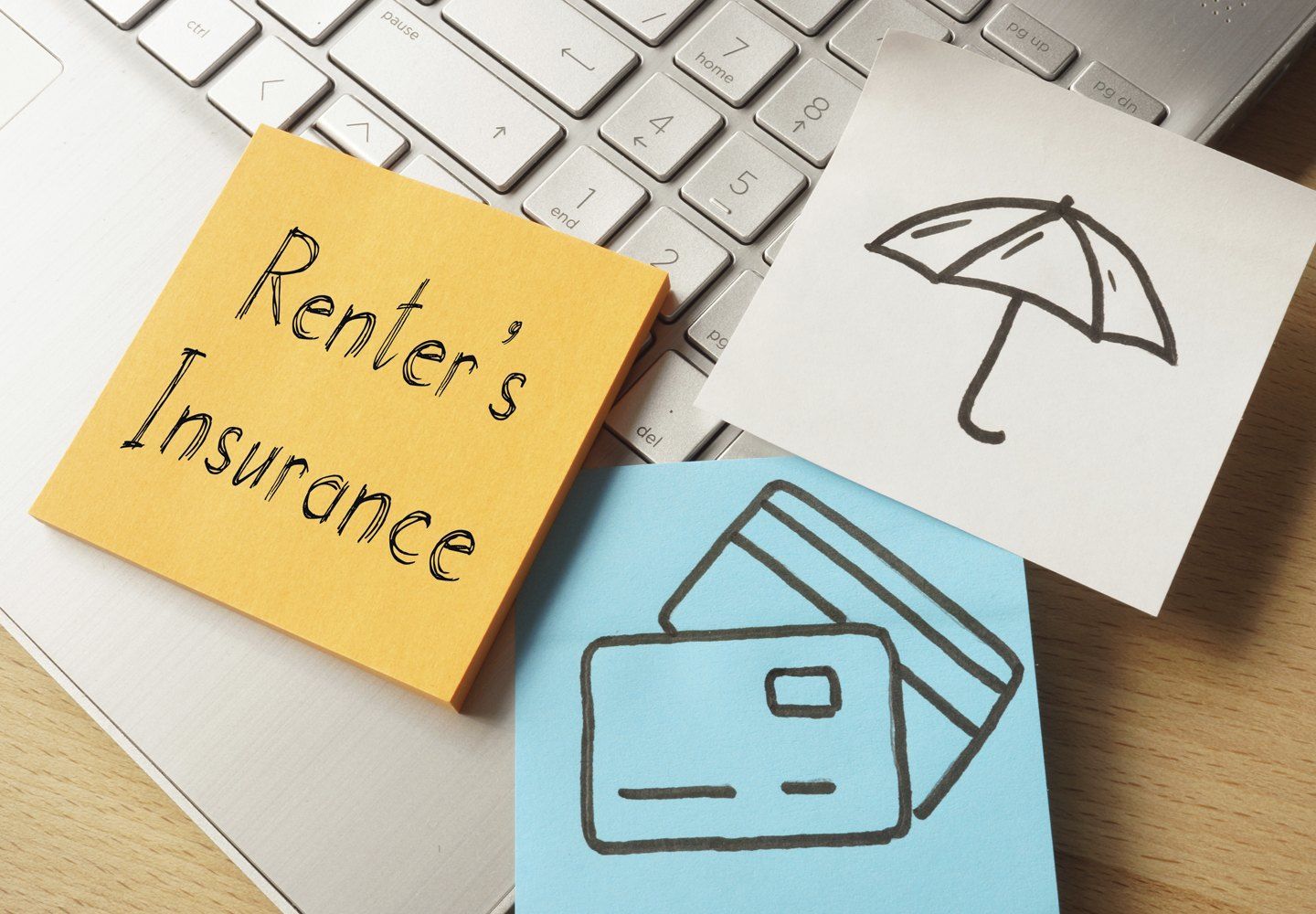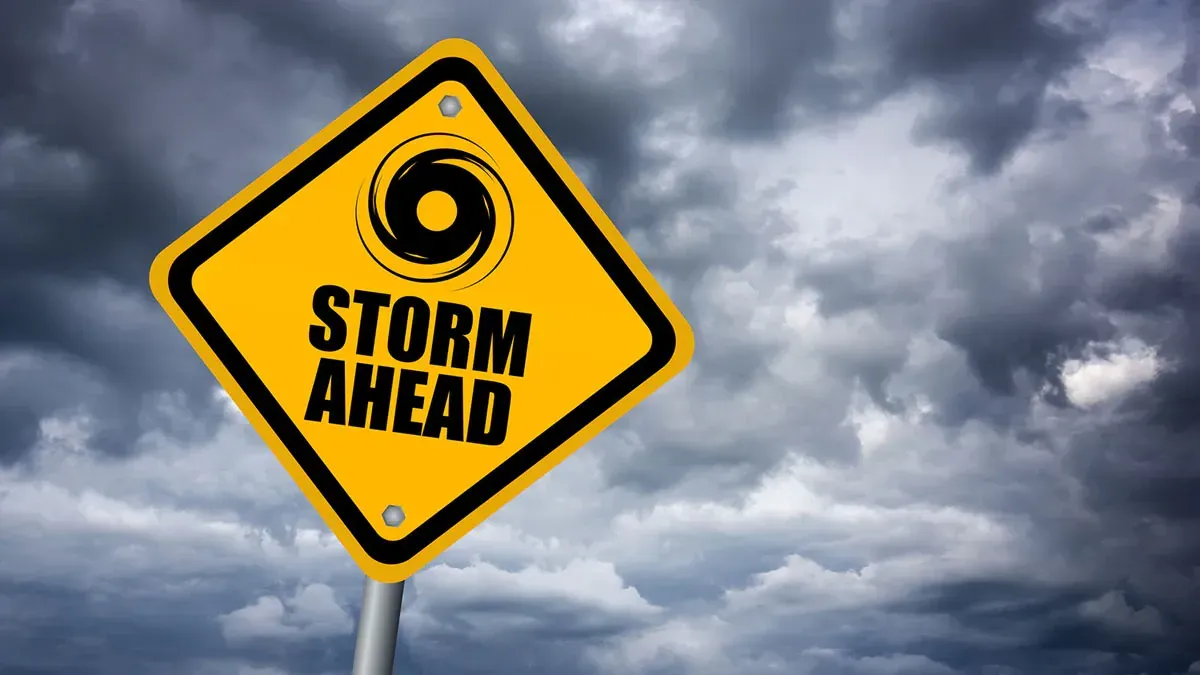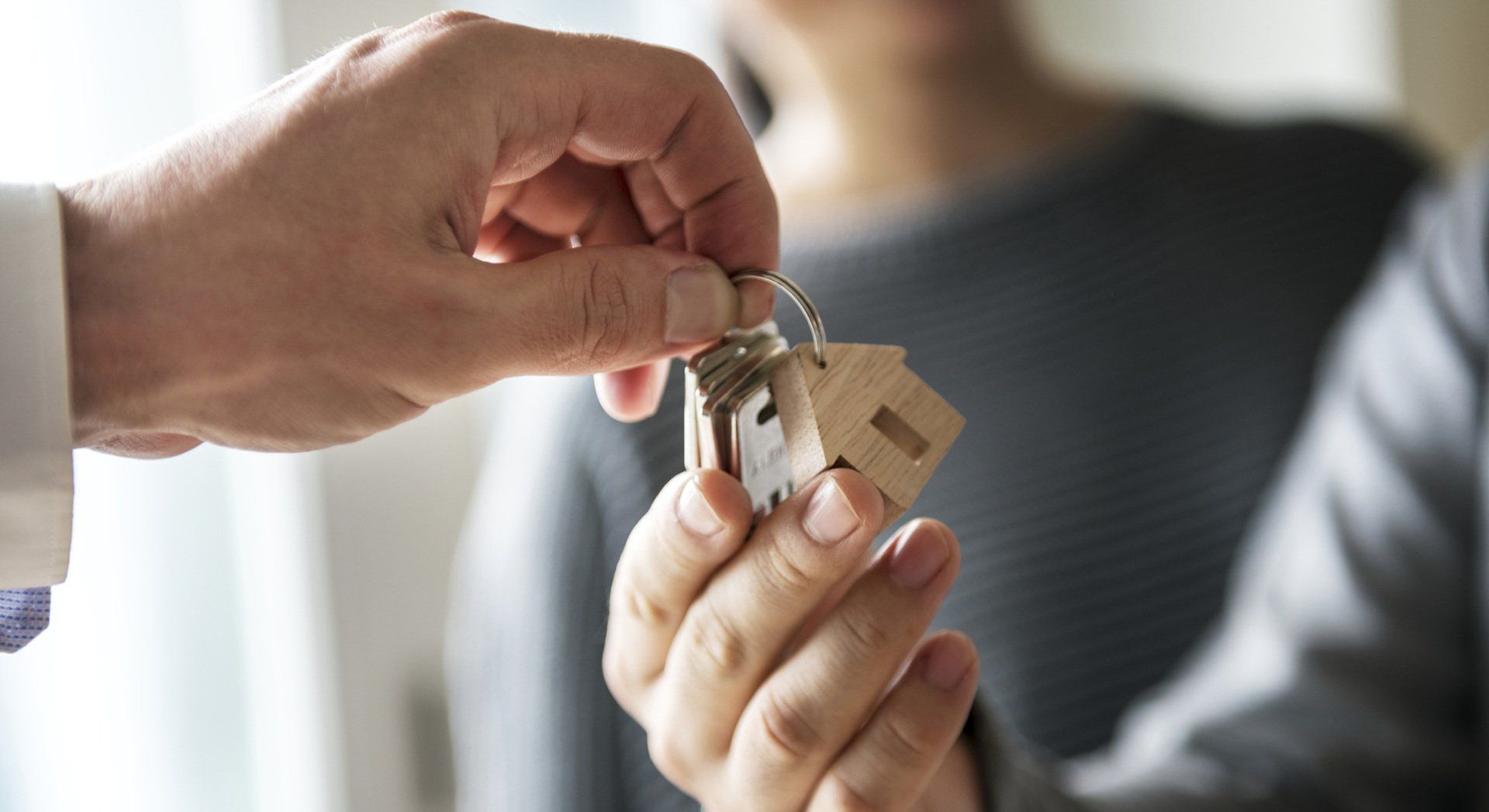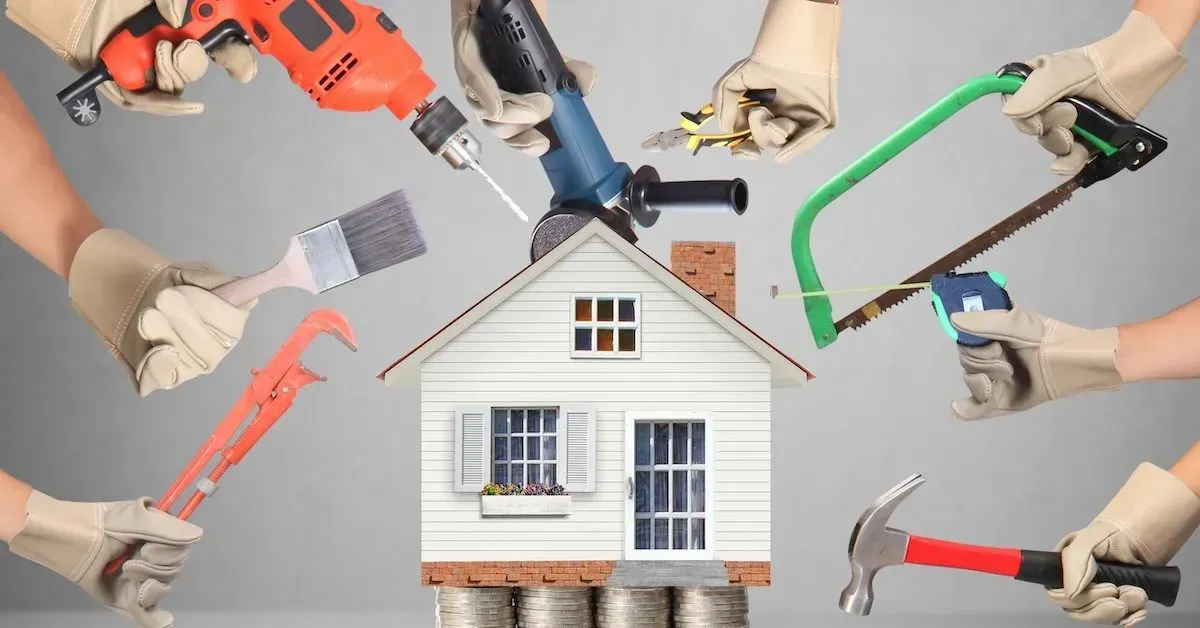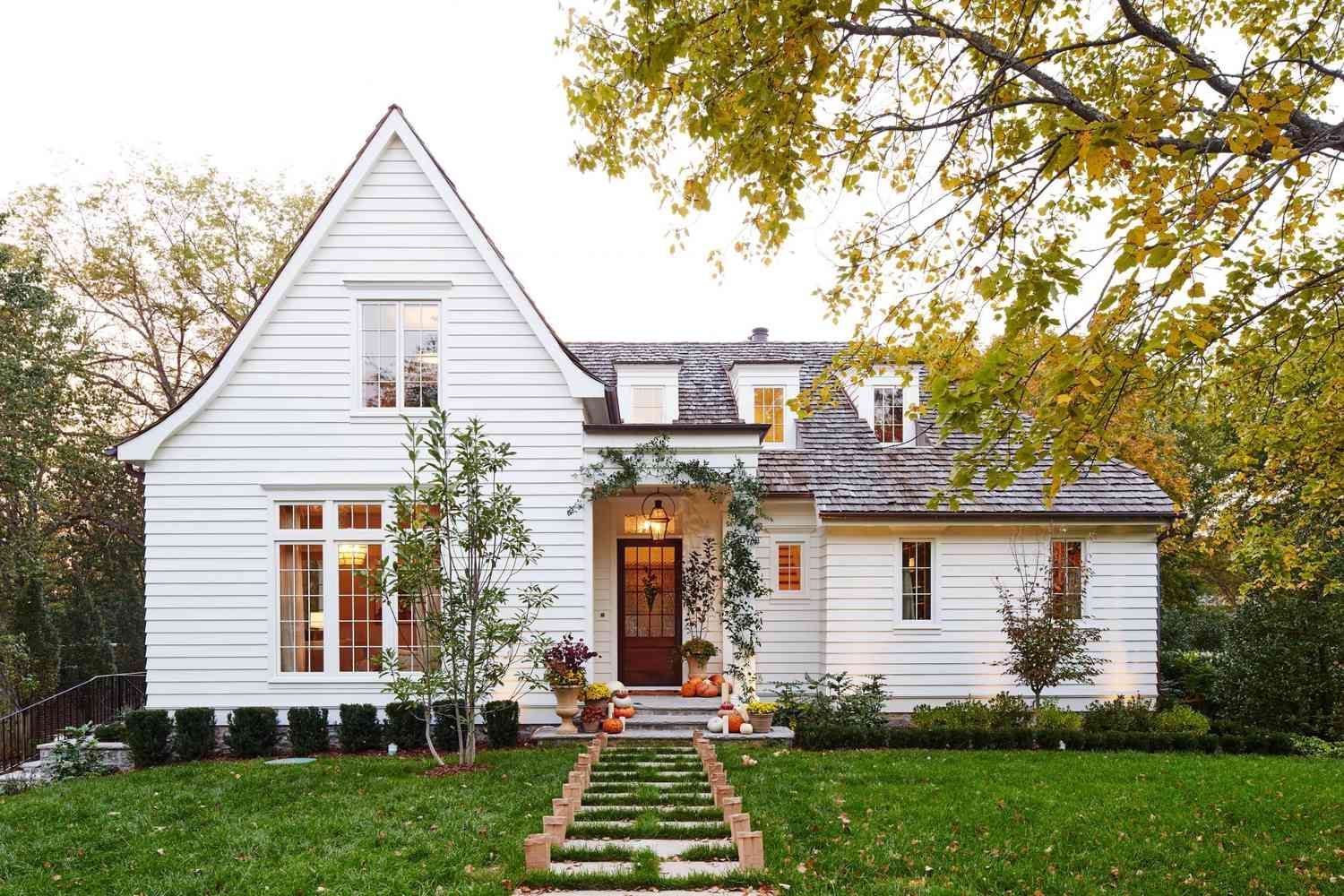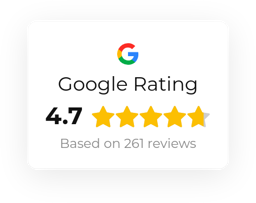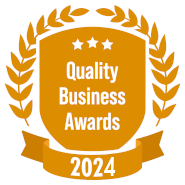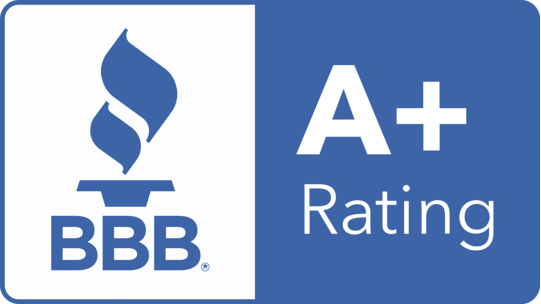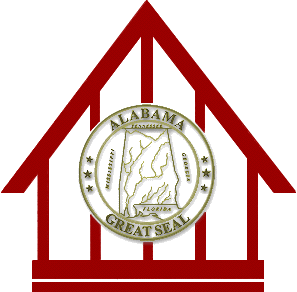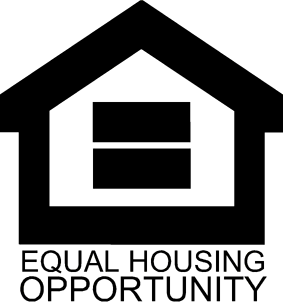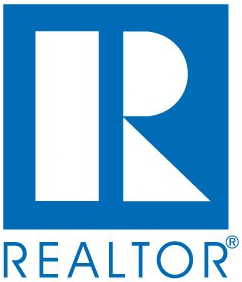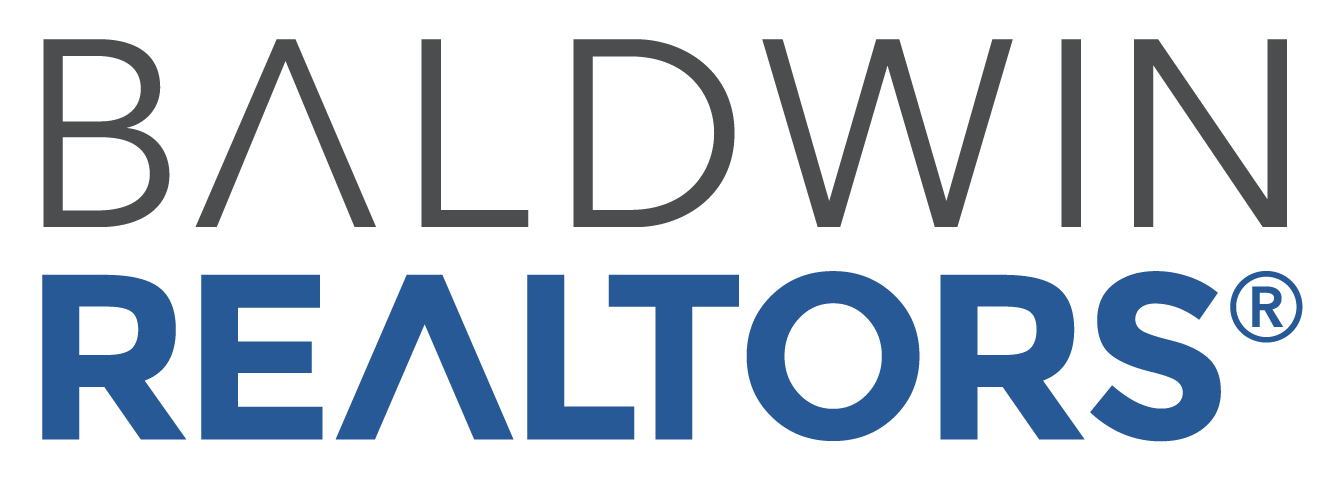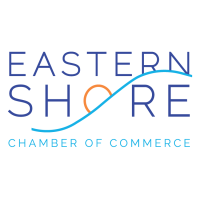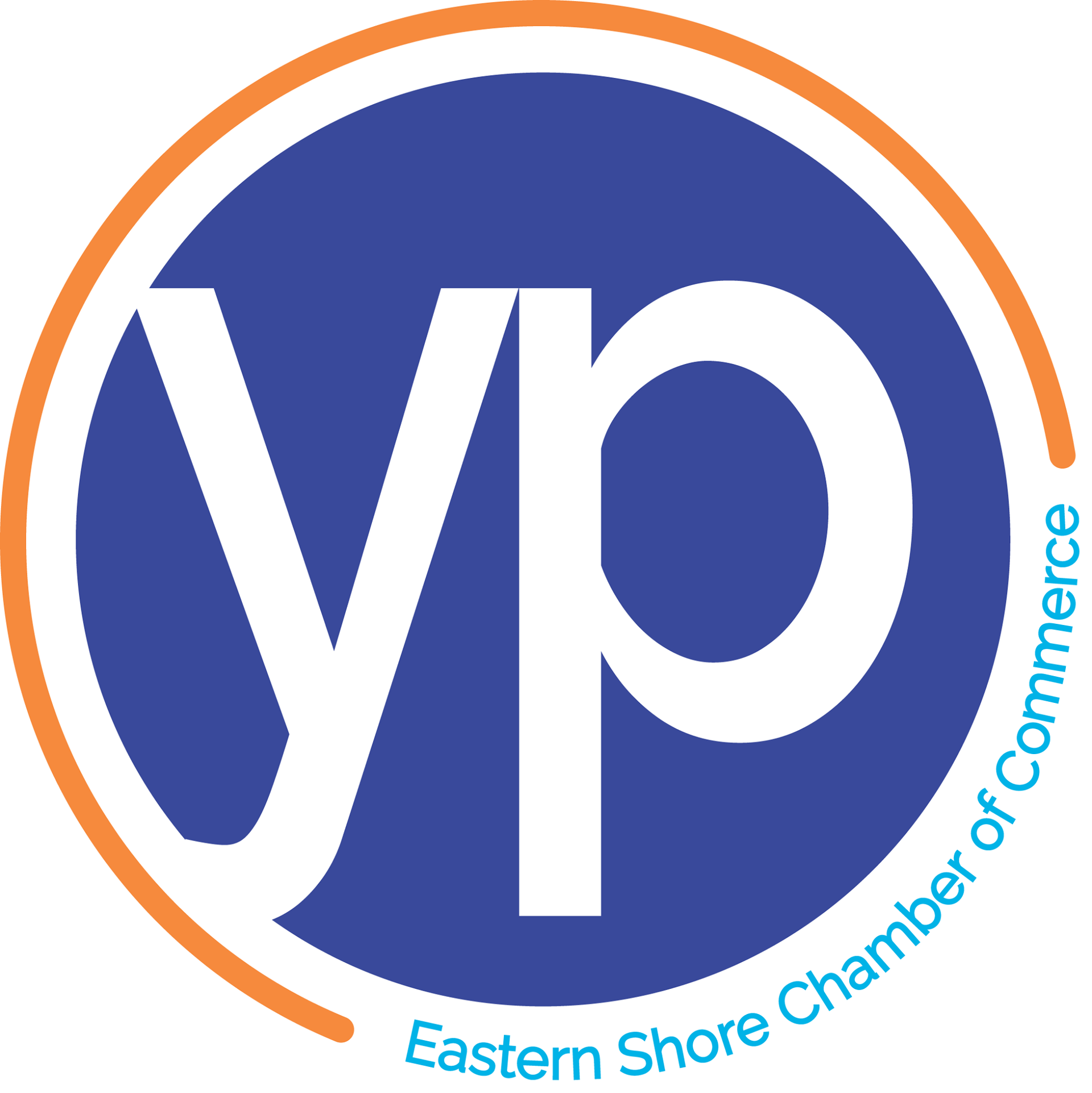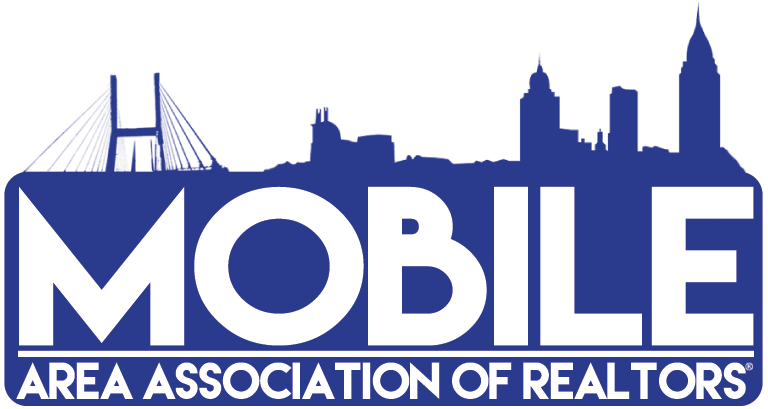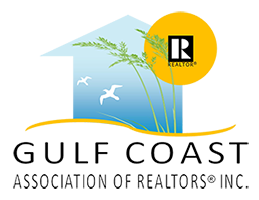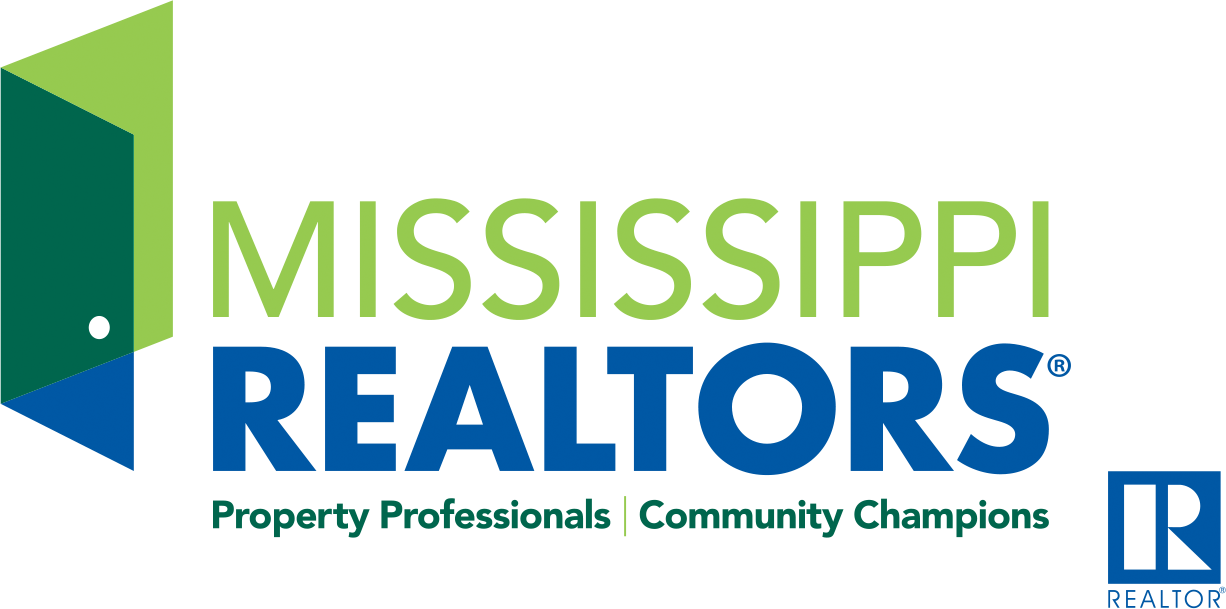Summer is Almost Here!
How to Protect Your Gulf Coast Rental Property From Extreme Summer Heat
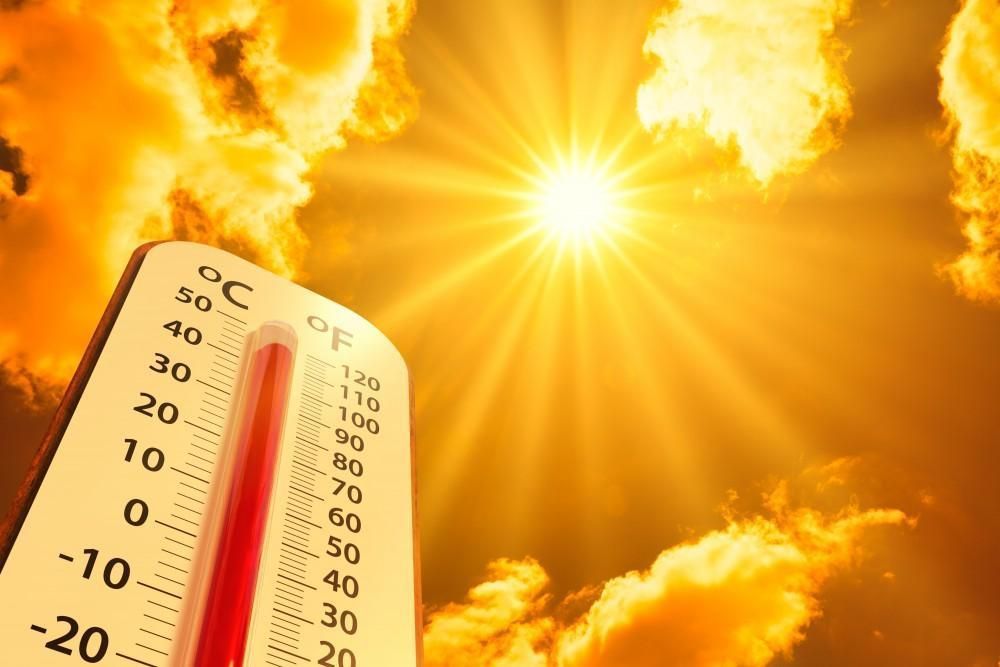
The Gulf Coast is known for its scorching summer temperatures, with heatwaves often pushing thermometers above 100°F. For rental property owners, this extreme heat can lead to costly repairs, tenant discomfort, and even safety hazards. Protecting your investment requires proactive measures to keep the property cool, efficient, and well-maintained.
Here are key steps homeowners can take to safeguard their rental properties during the Gulf Coast’s brutal summer months.
1. Ensure Proper Insulation & Weatherproofing
A well-insulated home stays cooler and reduces energy costs. Check for:
Attic insulation – Heat rises, and poor attic insulation can make upper floors unbearably hot. Consider upgrading to high R-value insulation.
Weatherstripping – Seal gaps around doors and windows to prevent cool air from escaping.
Reflective roof coatings – Light-colored or reflective roofing materials can deflect sunlight and lower indoor temperatures.
2. Maintain the HVAC System
A failing AC unit in peak summer can lead to emergency repair calls and unhappy tenants. Prevent breakdowns by:
Scheduling professional HVAC maintenance before summer.
Replacing air filters every 1-3 months.
Installing a programmable thermostat to optimize cooling efficiency.
Ensuring proper ventilation in the system to avoid overworking the unit.
3. Install Energy-Efficient Windows & Window Treatments
Windows are a major source of heat transfer. Consider:
Double-pane or Low-E windows to reduce heat absorption.
Blackout curtains or solar shades to block UV rays.
Window films that reflect heat while allowing natural light.
4. Optimize Landscaping for Shade & Cooling
Strategic landscaping can naturally cool the property:
Plant shade trees (like live oaks or crepe myrtles) on the west and south sides of the home.
Use mulch around the foundation to retain moisture and reduce ground heat.
Install outdoor awnings or pergolas to shade windows and patios.
5. Inspect & Maintain Plumbing
Extreme heat can stress plumbing systems, leading to leaks or pipe damage.
Check for corroded or exposed pipes that may burst under high temperatures.
Insulate hot water pipes to improve efficiency.
Ensure proper drainage around the foundation to prevent cracks from soil shifting in drought conditions.
6. Encourage Tenant Best Practices
Educate tenants on how to keep the home cool without overloading the AC:
Suggest using ceiling fans to improve airflow.
Advise keeping blinds closed during peak sunlight hours.
7. Prepare for Power Outages
Summer storms and high energy demand can lead to blackouts. Protect the property by:
Installing a surge protector for the HVAC system.
Providing backup battery-operated fans for tenants.
Ensuring the property has proper ventilation in case of AC failure.
Extreme Gulf Coast summers can take a toll on rental properties, but proactive maintenance and smart upgrades can prevent costly damage and keep tenants comfortable. By focusing on insulation, HVAC efficiency, and heat-resistant landscaping, landlords can protect their investments while providing a safe, livable space for renters.
Taking these steps now will save money, reduce emergency repairs, and ensure your property remains in top condition—no matter how high the temperatures climb.

